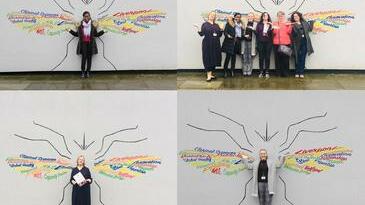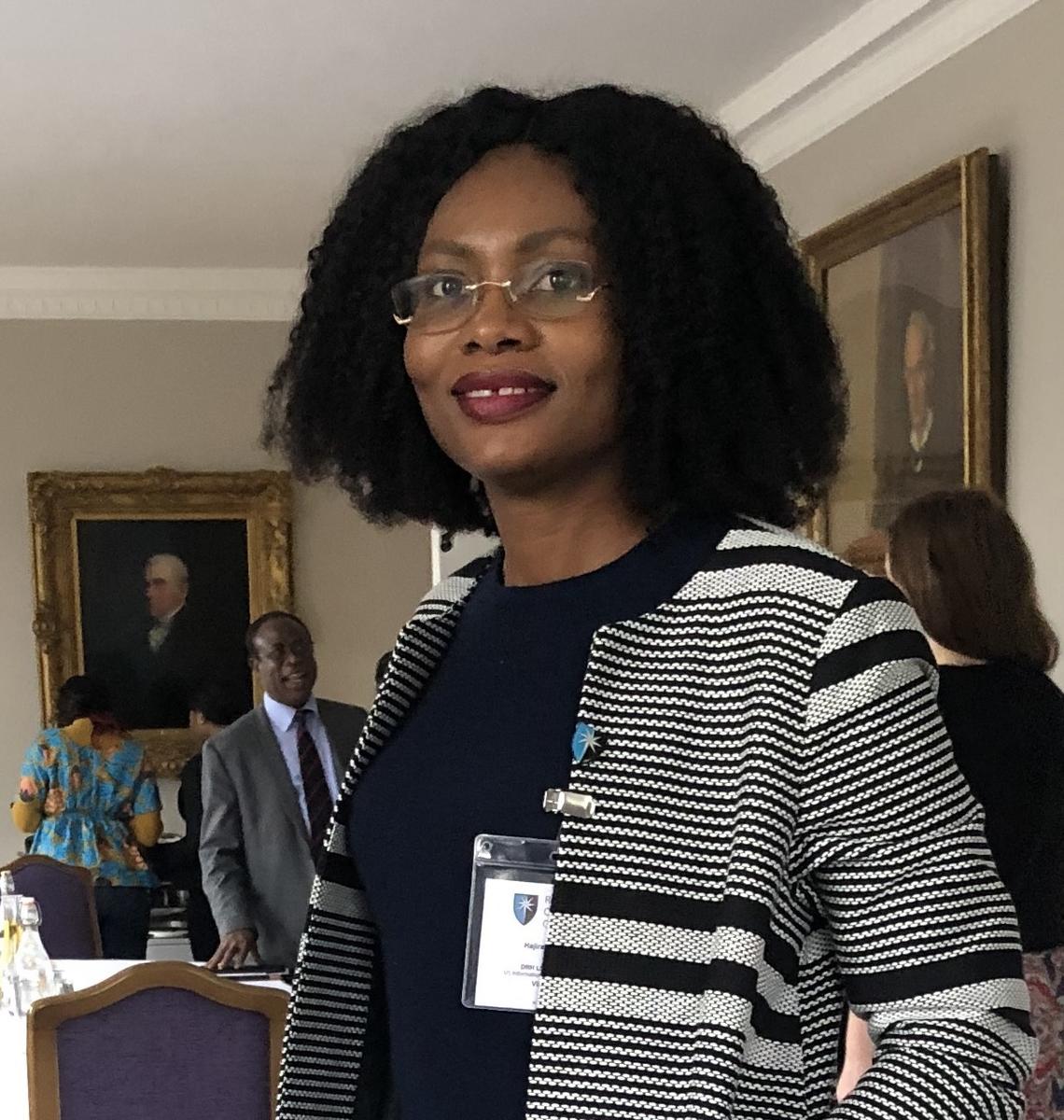
As the world marked International Women’s Day(link is external) last month, women across the globe were celebrated. Alongside these celebrations, it is also important to acknowledge that much progress still needs to be made globally for women and women’s health. Women are the most vulnerable and disadvantaged in a male-dominated world and global history has women at the receiving end of tragedies - from childbirth to violence and social injustice.
Progress to be made
Each day, an estimated 830 women die(link is external), mostly from pregnancy and childbirth-related causes. Most of these deaths occur in low- and middle-income countries (WHO, 2018b). For those women who survive, many of them suffer from morbidities and permanent disabilities that are often neglected. This includes one of the most debilitating morbidities, obstetric fistula. Despite the insufficient data available, it is estimated that over 2 million women are living with obstetric fistula and up to 100,000 cases occur globally each year (WHO, 2018a). In addition to the physical morbidity of fistula faced by women, many of them are also likely to be subjected to psychological trauma from rejection from their partners and families.
Additionally, women all over the world are exposed to all forms of violence and human rights abuse in societies. Even today, many young women still go through the painful ordeal of female genital mutilation (FGM). At least 200 million women globally have been subjected to this unfortunate cultural practice, with another 3 million young women at risk, mostly in low- and middle-income countries of Africa, Middle East and Asia (UNICEF, 2016). Interestingly, this usually is done without recognition of the psychological and overall health impact it has on the subjects.
Increasingly, young women are subjected to early marriages and often without their consent. Globally, at least 20% of young women marry before their 18thbirthday and many (44%) of these occur in LMIC of southern Asia (Nordtveit, 2016). This is a worrying phenomenon considering the health and social impact this has on them. Their vulnerability is further exposed by the lack of empowerment and decision-making power in their unions.
Gender-based violence is another issue of global health concern that demands attention. Women are the most vulnerable in this regard and are often subjected to “partner beating” and other emotional and economic violence. According to the World Health Organization (WHO), about a third of women globally will experience some form of physical and sexual violence at one point in their lives from their partners (WHO, 2017). This could largely be blamed on the lack of empowerment resulting in over reliance on their partners for financial and other needs. Evidence also shows that gender-based violence is often increased during pregnancy.
There have been a number of calls for equal rights for men and women, notable is the Beijing conference of 1995. However, only a few women are offered opportunities to leadership positions; as of January 2019, only about 24% of the world parliamentarians were women, and as of 2017, about 18% of government ministerial positions globally were occupied by women (Inter-Parlimentary Union, 2019; United Nations, 2019). This notwithstanding, there is a fresh breath of air in the increasing role of women on corporate boards.
Balancing for better
All the above are evidence of the gender inequities and inequalities that still exist globally. Despite it being slow, the progress made so far in bridging the equality gaps between men and women, cannot be overlooked. With increasing education for girls and boys (United Nations, 2016), the world is moving towards a state when it would not be viewed as a male dominated world but rather, a world of equal opportunities for both men and women. To achieve this, there is the need for communities to be educated and empowered to stop harmful social and cultural norms, especially those that affect women’s health. Responsive healthcare systems also have the power of promoting women’s health. The need for governments to formulate policies and structures that would reduce harmful practices as well empower women to take up responsibilities in societies cannot be overemphasized. If these changes were all to be made, the world would be viewed as a beautiful place for both men and women. The theme of the 2019 International Women’s Day proves to be fit for purpose for the 21st Century drive to end inequalities: Balance for Better.
About the author

Hajira Ibrahim is a Ghanaian Nurse/Health Educator and currently studying the Diploma in Sexual and Reproductive Health for low resource settings at Liverpool School of Tropical Medicine. She has special interest in maternal and child health including adolescent health and development, community health as well as the use of health information technologies to improve health outcomes. Having worked in very rural settings of Ghana; she is moved by the health inequities that are often faced by women especially those of childbearing age. She therefore looks forward to helping build an equitable and accessible health services focusing on special groups such as adolescents and rural women; using innovative technological tools to provide client friendly health care and information